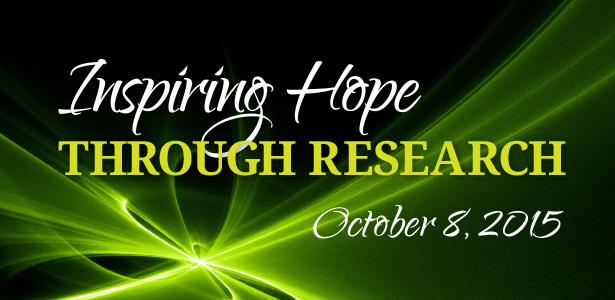
Join us as we once again celebrate scientific research and advocacy and the inspiration that this work can lead to in the future. The NAMI Scientific Research Award is supported by the Peter Corbin Kohn Endowment.
The event, sponsored by the National Alliance on Mental Illness (NAMI), is an invitation only evening with networking opportunities with an audience of leading members of the scientific and research communities, the media, members of Congress, political leaders, academia, community leaders and the corporate sector.
This year, we will spend the evening at the only museum solely dedicated to celebrating women’s achievements and creative contributions.
The beautiful landmark building which houses the National Museum of Women in the Arts was formerly a Masonic Temple, and has won numerous architectural awards. Located near the White House, the Museum offers an elegant setting for our unique evening, which you will not want to miss.
NAMI is thrilled to honor Marsha M. Linehan, Ph.D., ABPP. Dr. Linehan is Professor of Psychology and of Psychiatry and Behavioral Sciences and is founder and director of the Behavioral Research and Therapy Clinics at the University of Washington where her primary research is in the development and evaluation of evidence-based treatments for high suicide risk, multi-diagnostic and difficult to treat populations with severe mental disorders.

NAMI HelpLine is available M-F, 10 a.m. – 10 p.m. ET. Call 800-950-6264,
text “NAMI” to 62640, or email. In a crisis, call or text 988 (24/7).